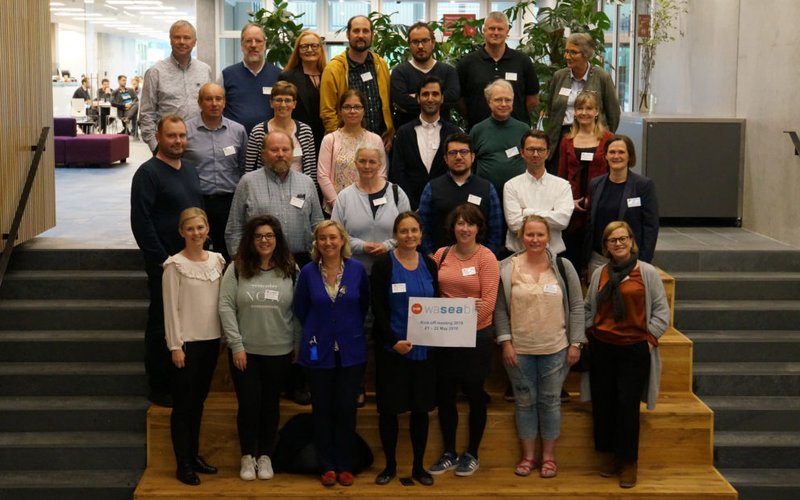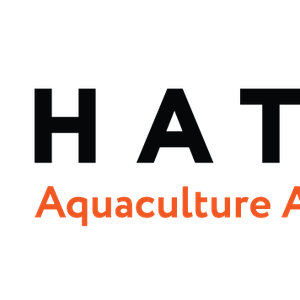The WaSeaBi project, which brings together an interdisciplinary team of 13 partners from Denmark, Sweden, Spain, France and Belgium, aims to develop and test new concepts, which will ensure that side-streams from aquaculture, fisheries and aquatic processing industries can be exploited for production of new products and ingredients.
In the EU the fish processing industry is a significant industry that generates an overall turnover of nearly €28 billion and employs more than 122,000 people. However, the industry is facing several challenges. For instance, it is estimated that the amount of seafood side-streams in Europe is about 1.5 million tons based on a production of 5.1 million tons of fish caught. This means that the current utilization of the aquatic biomass is much too low. Up to 70 % of the aquatic resources end up as side-streams, which are either used for low-value purposes such as animal feed or disposed of, which is costly for the companies involved.
The project will achieve a valuable exploitation of the biomass by developing storage solutions, sorting technologies and decision tools, which will secure an efficient and sustainable supply system for by-catches as well as side-streams from aquaculture, fisheries and the aquatic processing industries. It will enable an added value of the raw materials into marketable products. By addressing side-streams from six different raw materials, WaSeaBi will take a value chain perspective to succeed with high quality production of for instance protein-based food ingredients and aromatic ingredients and mineral supplements for food and feed.
In addition, the WaSeaBi project will evaluate the commercial potential of the produced ingredients as well as quantify specific environmental, economic and social impacts of the proposed solutions.
“We are very excited about the start of the WaSeaBi project and have very high expectations as to what we can accomplish,” says Charlotte Jacobsen, project coordinator and Head of the Research Group for Bioactives – Analysis and Application at the National Food Institute, Technical University of Denmark. ”With this project, we want to help the industry exploit their raw materials much better and in a more sustainable manner. We need to find ways to make the most of the resources that are available so that ultimately we are able to produce more food for the world’s growing population,” Charlotte adds.
The project has a total project budget of €4,158,214 and receives €3,197,422 in funding from the Bio Based Industries Joint Undertaking (JU) under the European Union’s Horizon 2020 research and innovation program. The JU receives support from the European Union’s Horizon 2020 research and innovation program and the Bio Based Industries Consortium. The project period is May 2019 – May 2023.












